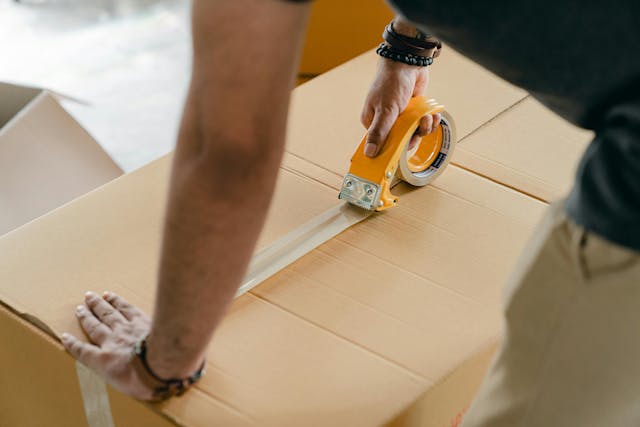10 eco-friendly habits you haven’t thought of
24 July 2017

Living with less pollution and energy consumption starts with a few good habits in your daily life: here are 10 simple eco-friendly examples.
1. Every drop counts
At first glance, we’re all used to not letting the water run when leaving the bathroom. But this eco-friendly habit should also be adopted when you’re in the shower, washing your hands, or cooking: turn off the tap whenever you’re not using it.
2. Clean green
For laundry and dishes, it’s best to wait until your machine is full to limit electricity consumption as much as possible. Remember to clean your dishwasher filter regularly, and choose “eco” wash programmes and low-temperature cycles for your washing machine, which are more economical and gentler on your clothes. Also note that “quick” programmes are the most energy-consuming!
3. 20°C max
Heating alone accounts for nearly two-thirds of your energy bill. It’s also the main cause of CO2 emissions produced by homes.
Even in winter, get into the habit of not heating your rooms above 20°C to save energy and also enjoy better sleep quality! Also remember to ventilate your rooms well so the air can circulate and heat is distributed evenly.
4. Say goodbye to plastic bags
They’re now banned in supermarkets for several good reasons: plastic bags pollute the oceans and cities and are difficult to recycle. Don’t throw away the ones you still have at home—reuse them as many times as possible for your shopping; and opt for tote bags or sturdy fabric bags instead. An easy eco-friendly habit!
5. Electric gadgets
The appliance industry has got us used to using electric devices for everything: electric toothbrushes, electric mixers, soda machines, juicers, coffee machines, electric razors… All these items use a lot of electricity every year, and you could easily do without them if you’re willing to use a few more muscles.
6. “Think of the trees”
You’ve probably heard this phrase more than once, and it’s also an easy eco-action to adopt: limit your paper consumption, and reuse it as much as possible for drafts or even just to write a shopping list.
7. No need to look far
The promotion of local production has grown more and more in recent years: buying local for your weekly shopping helps you save money and eat better, while also reducing pollution from importing and exporting food.
8. 354 kilos
That’s the amount of household waste produced each year by a French resident. To reduce this rather frightening number, try to limit food waste – knowing that, except for meat and fish, most expiry dates can be exceeded by at least a week. Don’t throw away clothes or items in good condition that you no longer use: donate them to charities like Emmaüs or the French Red Cross.
9. Vintage is eco-friendly too
Is it a coincidence that vintage is more fashionable than ever? More and more shops are selling all kinds of clothes, often new, at low prices and by the kilo. Being eco-responsible also means fighting against the fashion industry (one of the most polluting) by buying second-hand from time to time.
10. Relearn how to shop
Consuming more responsibly also means consuming less! Whenever possible, choose products without plastic or cardboard packaging to reduce your waste; and don’t buy more than you really need.


